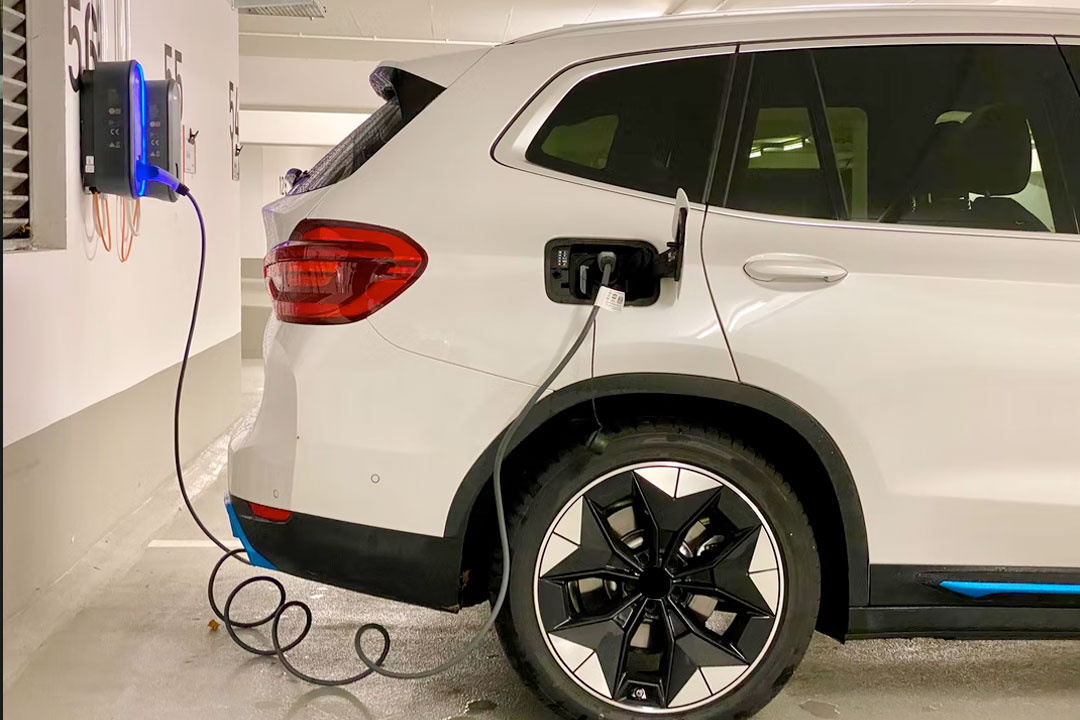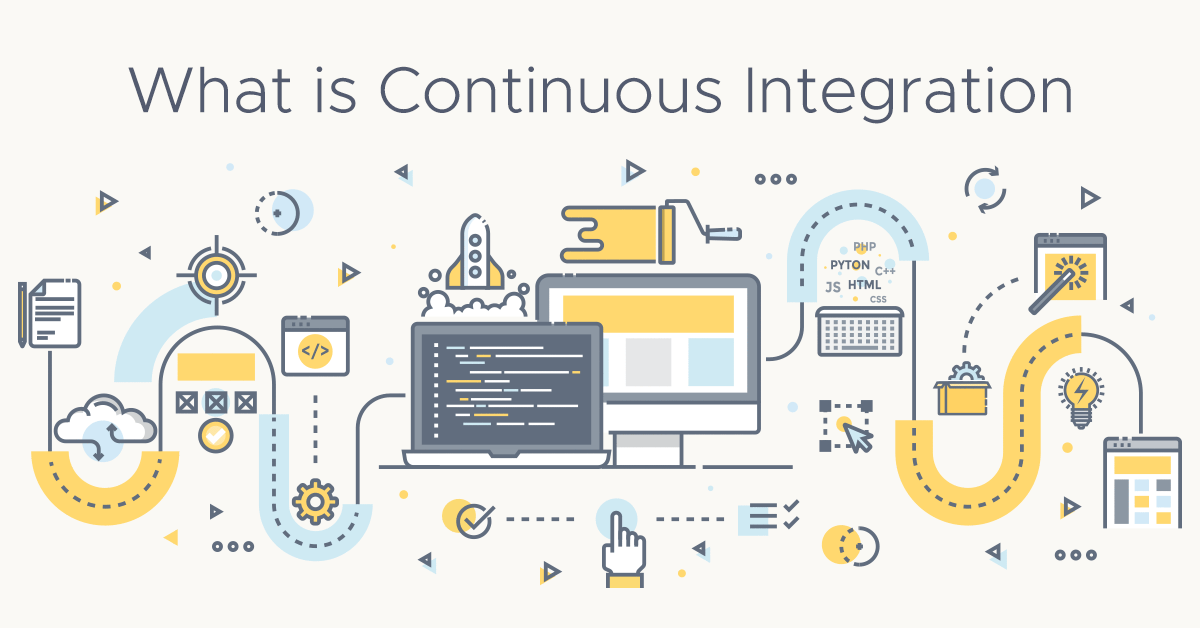

Albert Newton
Why you should consider an electric vehicle for your next car or truck?
Electric vehicles are cheaper to operate than gas-burning vehicles, so they make financial sense for many drivers. EV drivers spend around 65% less on fuel than gas-burning vehicle drivers.
If you're considering an electric car, the question of when to buy one is largely a personal decision. Ultimately, only you can decide if it's time to buy an electric car – as only you know your usage habits and budget. However, there are some general guidelines that may help you make your decision.
If an EV is in your price range, and range isn't going to be a problem based on typical journeys, buying an electric car in 2022 or even sooner makes sense from a financial perspective. Electric cars are getting cheaper every year, so waiting longer may not save you money in the long run. In addition, electric cars are becoming more and more popular, so buying sooner rather than later may give you a better selection of models and features.
On the other hand, if electric cars are out of your price range or you frequently drive long distances, you may want to wait a few years before making the switch. Electric cars will continue to get cheaper and have longer ranges in the coming years, so it makes sense to wait until they better meet your needs.
The electric car is hailed as the future of motoring, but there are still some significant disadvantages that need to be considered before making the switch from petrol or diesel.
One of the main drawbacks of electric cars is the lack of charging infrastructure. There are far fewer electric car charging stations than traditional petrol stations, which can make it difficult to find a place to charge your vehicle when you're on the road. This is likely to improve over time as more and more people switch to electric cars, but for now it's something to bear in mind:
- Another downside of electric cars is that they take longer to charge than it takes to fill up a petrol or diesel car. A full charge can take several hours, so if you're planning a long journey it's important to make sure you have enough time to charge up your vehicle.
- Electric cars also have a shorter driving range than petrol or diesel cars. This means that you may have to stop more often to recharge your battery, which can add to the overall journey time.
- Electric cars can also be more expensive to buy than traditional petrol or diesel cars. However, they are cheaper to run in the long term as electric car batteries are more efficient and cost less to charge than petrol or diesel.
- Replacing the batteries in electric cars is also an expensive process, so this is something else to bear in mind if you're considering making the switch.
Overall, electric cars have some significant advantages over conventional cars.
These electric vehicles offer many benefits, which include:
+ Lower emissions of electric cars help to reduce pollution and climate change
+ Low maintenance needs as electric cars have far fewer moving parts than traditional petrol or diesel cars
+ Electric cars often have a high performance due to their instant torque
+ The convenience of electric cars as you never need to visit a petrol station
So, should you buy an electric car now? There are a few things to consider before making this decision. First, electric cars are still more expensive than traditional petrol or diesel cars. Second, electric cars require access to charging infrastructure, which is not always available. Finally, electric cars have a smaller range than traditional cars, which may not be suitable for a family.
Ultimately, only you can decide if it's time to buy an electric car. Consider your budget, driving habits, and needs when making your decision.
Albert Newton
A beautiful mind